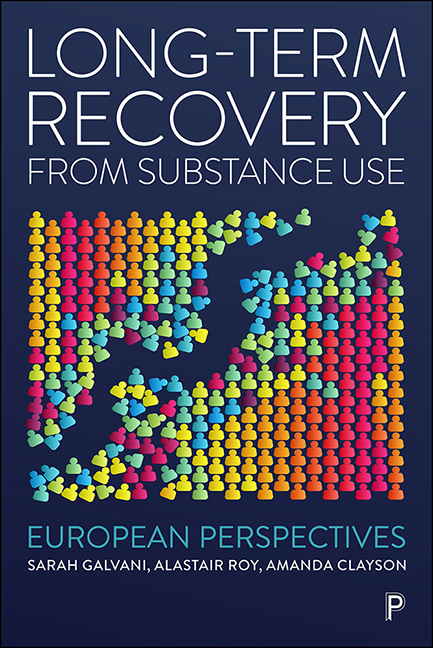9 - Long-term recovery for the ‘adult children’ of parents who use alcohol in Iceland
Published online by Cambridge University Press: 15 September 2022
Summary
Introduction
The impact of substance use on the family unit remains an under-researched topic in Iceland. Research by one of the authors of this chapter (Ólafsdóttir, 2020) seeks to fill this gap, making an important contribution to understanding the impact of substance use upon various family members in Icelandic culture. The study on which this chapter is based focussed on the impact of substance use on a range of subgroups within the family system as a whole. This included parents, siblings, spouses, children and ‘adult children’ (that is, people who are now adults and who had grown up in a family setting where substance use was a feature) (Ólafsdóttir, 2020).
While the primary focus of the core empirical study sought to understand the psychosocial, behavioural and physical effects of being brought up in a family impacted by substance use (Ólafsdóttir, 2020), we seek to extend this focus to consider the extent to which a notion of long-term recovery for adult children is evident or supported within the Icelandic public health agenda.
We begin with a brief overview of research, policy and practice within Iceland to provide background and context. First, we introduce the family as a key psychosocial influence, establishing a contrast between healthy family systems and the potential consequences of dysfunctional relations within families experiencing substance-use disorder (SUD). We continue with a description of the wider Icelandic public health and specific substance-use policy agenda, outlining the current support available to adult children who have grown up with parents engaged in problematic alcohol use. We finish this section by offering a broad introduction to recovery as a concept, before developing our thinking further with the introduction of a number of models and concepts pertinent to the recovery landscape. In particular, we present concepts of ‘recovery capital’ (Cloud and Granfield, 2008), social identity (Jetten et al, 2017) and the social identity model of recovery (Best et al, 2016). We use these models to provide a recovery-focussed lens through which we examine the lived experiences of six adult children drawn from our core study. We conclude with our reflections and discussion of the specific context of adult children and long-term recovery, the implications for policy and practice and recommendations for further study on this topic in Iceland and beyond.
- Type
- Chapter
- Information
- Long-Term Recovery from Substance UseEuropean Perspectives, pp. 108 - 124Publisher: Bristol University PressPrint publication year: 2022

